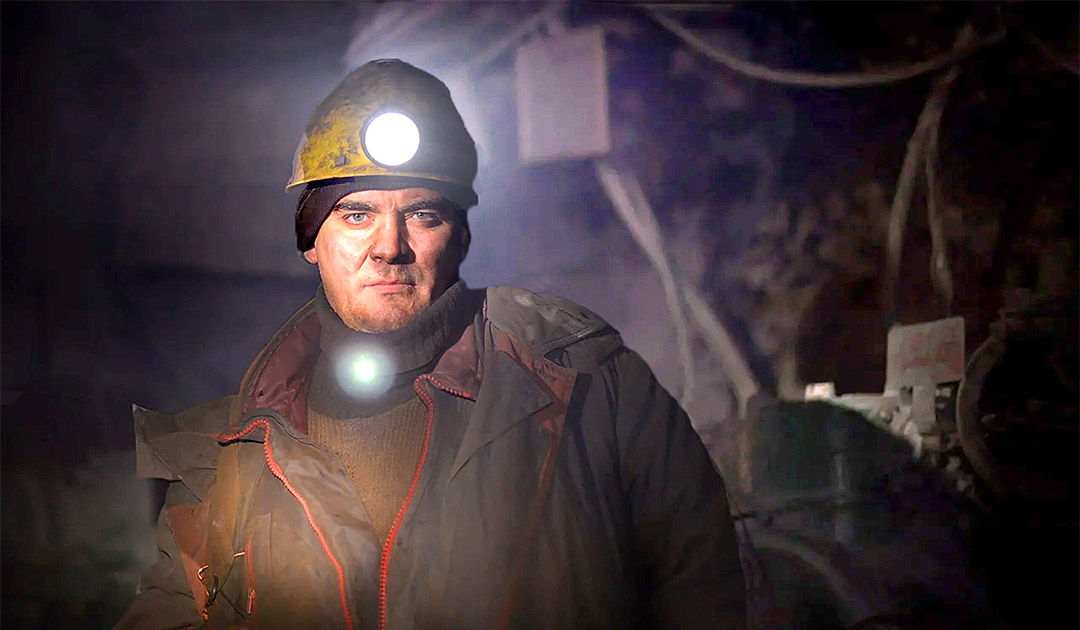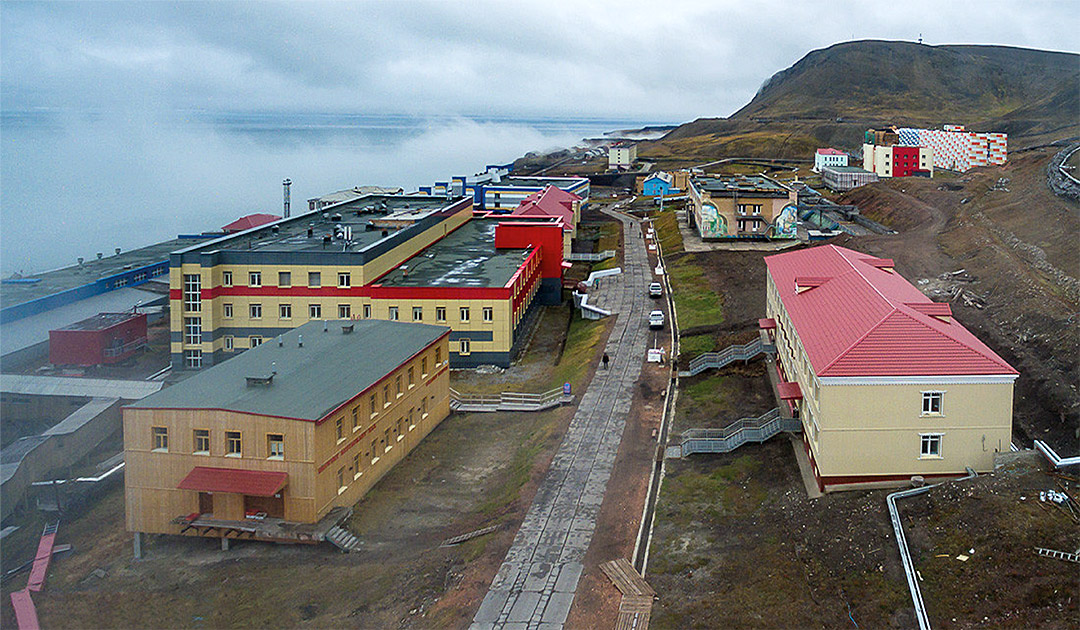
After acquiring the rights to mine coal on Spitsbergen more than a century ago, Russia says it will reduce coal production to the minimum needed to keep Svalbard supplied. The move will see coal production slashed from the current 120,000 tonnes per year to 40,000 tonnes in 2032. “It is about meeting the needs of local thermal power plants,” said Alexei Chekunkov, the Arctic-development minister, at a meeting of the Far East, Arctic and Antarctic Development Council. He spoke about perspectives for the future development of Spitsbergen.
Arktikugol, the state-owned, heavily subsidised firm set up in 1931 to manage Russian mining interests in Svalbard, once operated a number of mines. Its coal-mining operations have always been unprofitable, however. Today, only the coal mine at Barentsburg remains, and Mr Chekunkov reiterated that its activities were not in its future.
Instead, he said Moscow would be looking to increase the number of people visiting Barentsburg. The town is already visited by thousands of people each year, but he reckoned there was potential to attract more travellers from Russia-friendly countries by offering cruises and direct flights from Russia. The destination, he felt, was ideal for the adventurous traveller in search of an out-of-the-way destination.

Barentsburg was founded in 1932 and is the second largest on the settlement in Svalbard after Longyearbyen, the seat of the territory’s Norwegian administrator. It is mainly inhabited by Arktikugol employees.
The two settlements, which are about 50 kilometres apart, are not connected by paved roads. In summer, ships or helicopters connect the places, in winter snowmobiles or dog sledges.
There has already been increased investment in tourism, and the importance of the settlement as a research location is growing. Moscow has plans to create an international research centre in Barentsburg for the Brics countries and the Kremlin’s allies, as well as to offer international educational programmes.

Arktikugol’s parent organisation, Trust Arktikugol, owns an area of 251 square kilometres in Svalbard. Besides Barentsburg, it owns the Pyramid mine with the village of the same name (both abandoned in 1998) and the Grumant mine with the village of Colesbey (closed in 1941). Arktikugol operates the world’s northern-most coal mine in Barentsburg, as well as a research station, a canteen, a supermarket and a hotel. Currently, about 300 people live in Barentsburg. Last year, the Russian government transferred the production facility to the Ministry for the Development of the Far East and the Arctic for trust administration.
Heiner Kubny, PolarJournal





